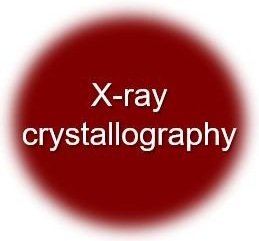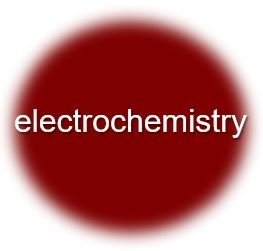The architecture of metalloproteins inspires our approach to ligand scaffold design. Featuring a hydrogen-bonding network for stabilizing reactive intermediates and channeling substrates, as well as functional moities for tuning redox potential, the structure mediates multi-electron transformations and models small molecule activation of metalloenzymes.







